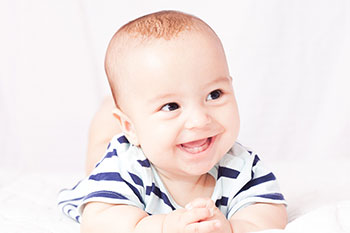
Baby teeth, which are also called primary teeth, are the first set of teeth to erupt in infancy. Baby teeth are temporary, meaning that they fall out and get replaced with adult teeth in childhood. A complete set of baby teeth consists of 20 teeth, including incisors, canines and molars. The eruption typically begins at 6-10 months old and will be finished by 2½-3 years old. Baby teeth fall out when the adult teeth growing from underneath resorb the baby teeth’ roots and therefore become loose. The first baby teeth that typically fall out are the lower two front teeth, followed by the upper two front teeth. During the teething process, there may be some soreness in the gums. A damp gauze or teething ring can be used to gently soothe the area.
(more…)
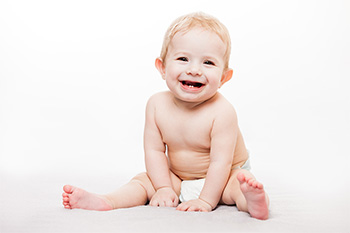
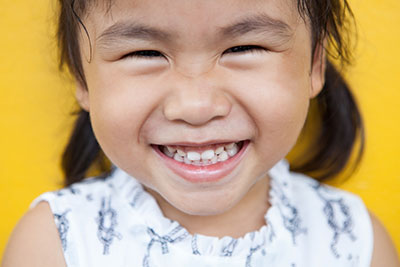
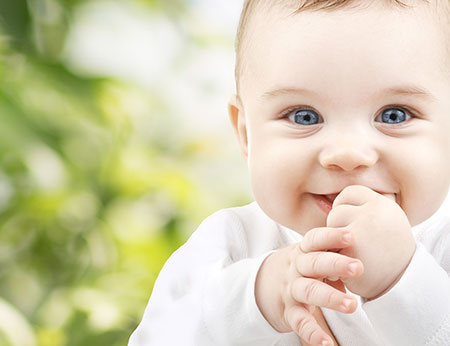
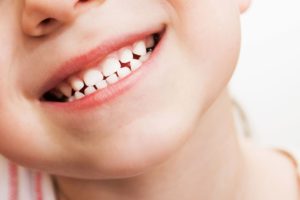 Baby teeth are also referred to as primary teeth by dental professionals. For most babies, the baby teeth begin to come in or erupt into the mouth at around six years of age. A total of twenty primary teeth are present in the mouth by thirty-three months of age. The eruption times may vary by a few months, but that is still considered within normal limits. Shedding of primary teeth begins around the ages of six or seven years old. For most people, all of their baby teeth will have completely shed by age twelve.
Baby teeth are also referred to as primary teeth by dental professionals. For most babies, the baby teeth begin to come in or erupt into the mouth at around six years of age. A total of twenty primary teeth are present in the mouth by thirty-three months of age. The eruption times may vary by a few months, but that is still considered within normal limits. Shedding of primary teeth begins around the ages of six or seven years old. For most people, all of their baby teeth will have completely shed by age twelve.